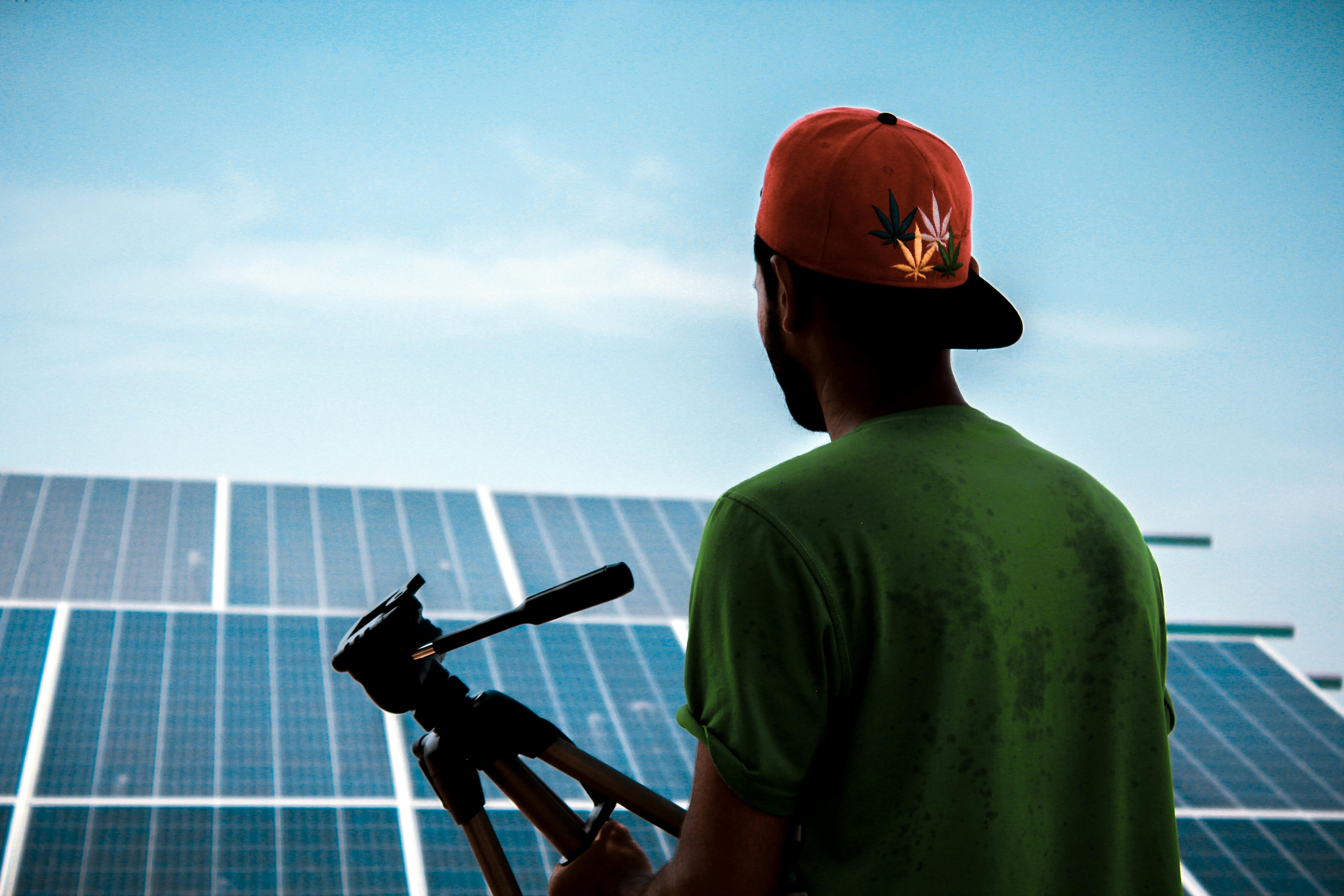They've come in for a good deal of criticism over the last few years or so, called hopelessly inefficient by some and an ugly blot on the landscape by others. Wind turbines seem to polarize everything that is good and bad about renewable energy production for both detractors and supporters.
For its supporters, wind turbine technology is our hope of becoming fuel independent and producing our own electricity in the future – energy that will also be cheaper and cleaner. For the detractors, we should be spending money on nuclear power plants and other technologies rather than wasting our time on these low grade, hippy initiatives.
During October, for a very short time wind farms actually generated 25% of the UK’s electricity. Supporters said that this was indicative of the value of such technologies to our small island. Detractors said it was just because it was ‘windy’ and a number of nuclear stations were temporarily offline.
More than any other renewable technology, wind turbines seem to reflect our fears and desires for what we want from clean energy. With other developments on the way in solar and tidal technology, we may well be reaching the tipping point that will see us moving to a sustainable future but what is the truth? Should we stop knocking our wind turbines and get on with developing ever more sites? Or do the naysayers have a valid point?
Is wind power worth the amount of time and money that we invest in it?
How Much Electricity do Wind Farms Produce?
There is no doubt that if we are to have fuel security in the future we need to develop our own, independent sources of energy. That’s why the government is looking at exploiting shale gas reserves, building new nuclear power plants, and why we have invested heavily in new technologies such as wind farms, solar panels and hydro-electric.
One of the weapons detractors use about wind farms is that they are far less efficient than other forms of electricity production. According to a recent EU report the cost of producing electricity from wind farms is about €105 per MWh. For gas the cost is €164 per MWh and coal €233 per MWh. The nearest comparison to wind farms is nuclear that produces electricity at a cost of €125 per MWh. That would indicate that the latest government initiative to block wind farm development could mean that we are losing out on a much cheaper way of producing electricity.
A wind farm such as North Hoyle off the coast of North Wales, with 30 turbines each producing 2 MW, is powerful enough to feed into some 40,000 homes. The other issue with wind farms, however, is the impact that they have on the landscape and there are many who are not willing to swap more efficient energy production for a reduction in the quality of the view. Yes, wind farms are large and do have an impact on the environment, but most people are not as against them as many media outlets and politicians would have us believe.
Another damaging issue is that renewable technologies have benefited greatly from EU and government subsidies in the past, something that is often touted as being at the ‘tax payer’s expense’. The truth is that most energy sources, from coal and gas to nuclear and hydroelectric, have all benefited to similar degrees from financial backing by governments over the years. In 2011, fossil fuels were allocated €26 billion in subsidies compared to €30 billion for all renewables.
Renewables Could Produce 90% of our Energy Needs
If we can get past the stage of debating whether renewable energies are good or bad for us and the economy, many believe that, properly developed, they will provide the electricity we need for the future. A recent report by the WWF stated that with continued investment, renewables such as wind, solar, tidal and other hydroelectric technologies could well provide between 60% and 90% of our energy needs by 2030, without the need to build expensive, and potentially environmentally damaging, nuclear power stations. The question, as always with renewable energies, is who is listening to the advice?
Whether we get to the point when we have a sustainable renewable energy provision will depend on who wins the battle of hearts and minds. At the moment people still have to sift through the avalanche of misinformation and prejudice to come to the right conclusions and often the scare mongering and negativity of the media can lead us to believe that we are on the wrong track with renewables. It’s a profitable drum to beat.
But if we want to be truly fuel independent and produce clean electricity for the future then there may be only one direction that leads to the right, sustainable result. The issue is whether governments across the world, including our own, will have strength to push their green initiatives through.
Find out more about how wind power is generated on our Wind Turbine information pages.










